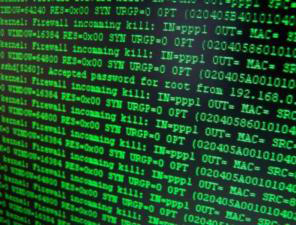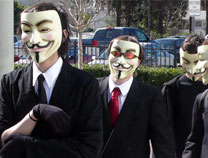Cloudflare has recorded the largest ever HTTPS DDoS attack against one of its customers. It said HTTPS DDoS attacks are more expensive to launch and more expensive to mitigate for those targeted.
Distributed denial of service RSS
A Ukraine-based hacker who created and coordinated various cyberattacks like DDoS, spamming, or brute-forcing, using his 100,000+ bots has been arrested today by the Security Service of Ukraine (SBU).
Cloudflare says it mitigated the largest DDoS attack ever with the help of its in-house DDoS protection daemon. According to its data, this massive attack brought in 17.2 million requests per second.
Wikipedia went offline today in many countries due to a broad DDOS attack. It looks like the service seems to have been resumed in several countries, though the incident is still being investigated.
Europol is going after the 151,000 registered users of the biggest DDoS-for-hire website. The law enforcement authority has warned that these people will "face action for the damage they have caused."
The latest report from the content distribution company shows that the number and overall scope of distributed denial of service attacks has gone up over the last year, even if that growth has slowed.
Brian Krebs has been investigating for months how the Mirai botnet came to be and who's behind the infamous distributed denial of service attacks from last year. Now he thinks he has answers.
The European Commission became the target of a massive distributed denial of service on Thursday. No data was breached, though internet service was taken out for the better part of the day.
The latest "State of the Internet" report from Akamai shows the growth in number and scope of DDoS attacks around the world. In just three months, there were 19 attacks with over 100Gbps of data.
The source code for what is known today for launching the biggest DDoS attack has been publicly released. The disclosure spread fear among website owners, as anyone could be the next victim.
GitHub, a major sharing site for developers, has been targeted for a Denial of Service attack. At present there is no clear evidence on what individual or groups are responsible for the action.
Hackers identifying themselves as part of the Anonymous collective have admitted their guilt in an attack against PayPal, which the company alleges lost them £3.5 million during 2010.








_medium.jpg)















